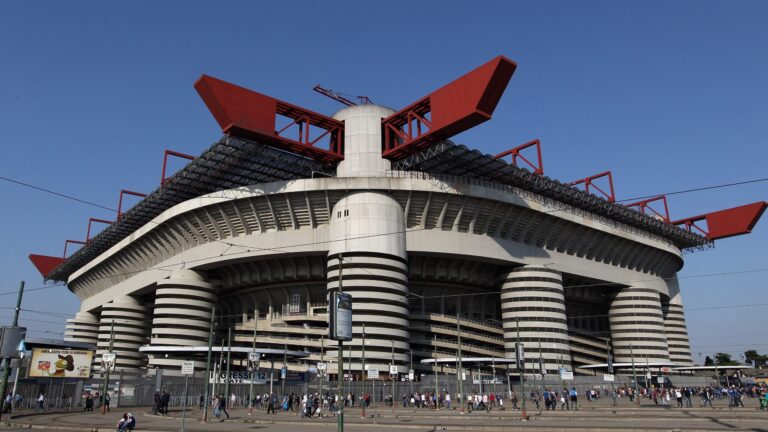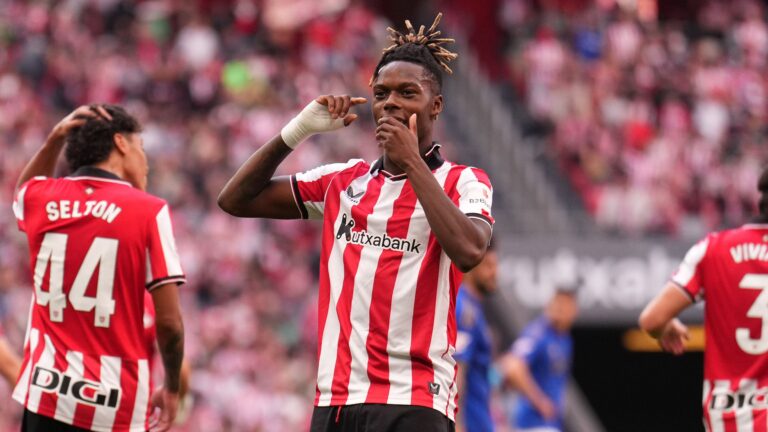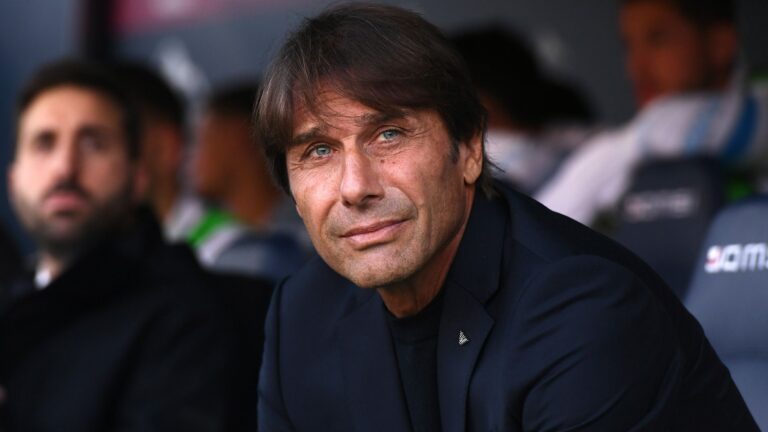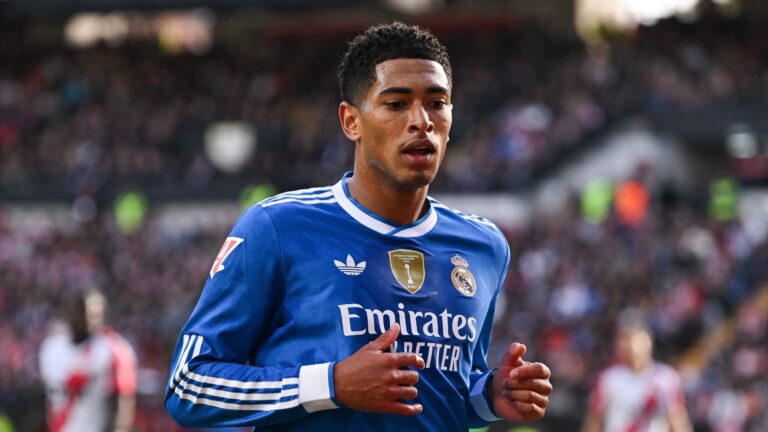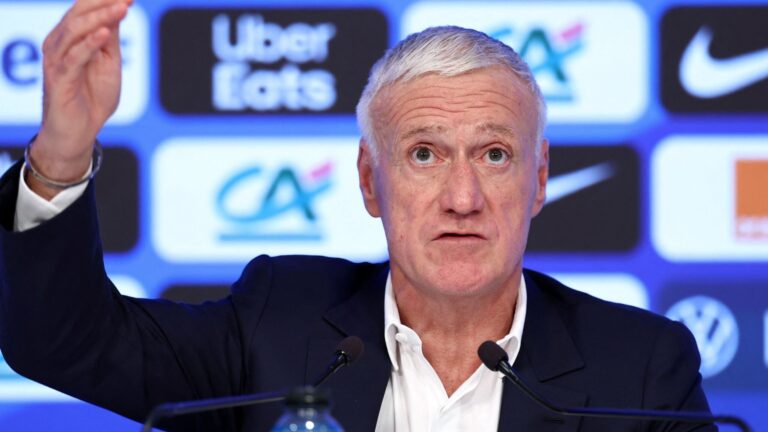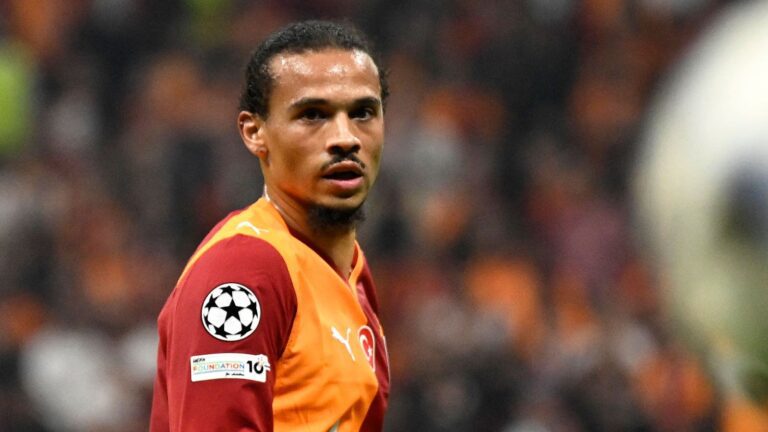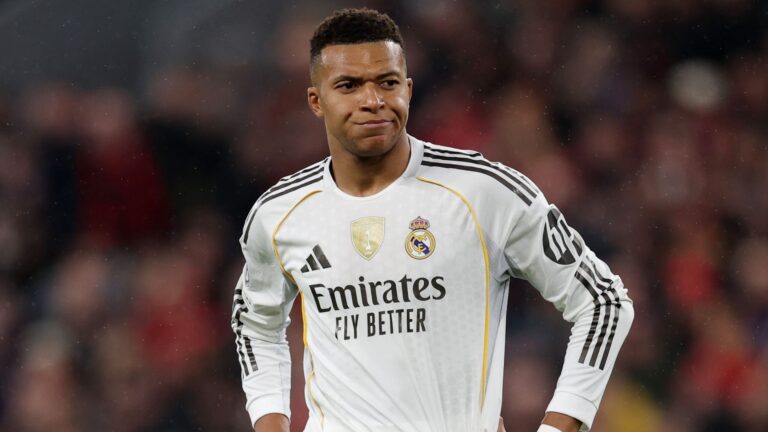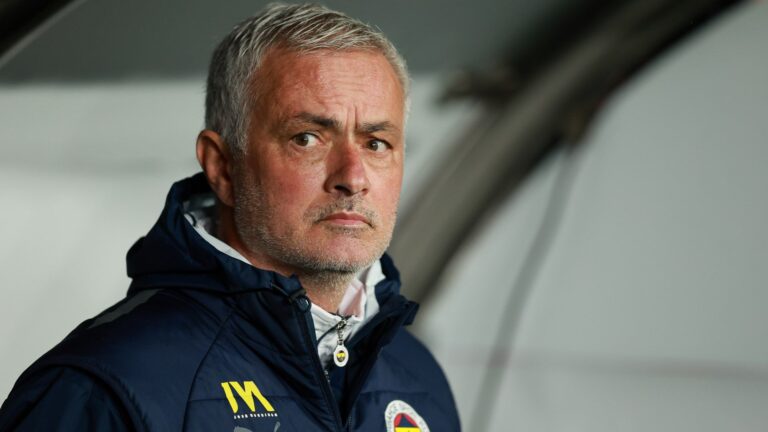Victor Osimhen’s Emotional Struggle in a High-Stakes Transfer
Victor Osimhen‘s transfer to Napoli stands as a pivotal moment in modern football, marked by immense pressure and personal hardship during the turbulent summer of 2020. This €80 million deal from Lille not only reshaped his career but also sparked widespread debate, highlighting the intense demands athletes face amid global crises.
The Tumultuous Path to Napoli
Osimhen’s high-profile move in the midst of the 2020 pandemic quickly became a landmark in European football, blending extraordinary financial stakes with profound emotional challenges. While Serie A was regaining momentum, the young forward grappled with the loss of his father and relentless insistence from Napoli’s leadership, including president De Laurentiis and CEO Andrea Chiavelli, to seal the agreement without delay.
Initial Hesitations and Rising Tensions
Discussions dragged on as Napoli’s president personally engaged with Osimhen to outline the club’s ambitions, yet the player remained resistant, overwhelmed by grief and doubt. Eventually, escalating influence from representatives and executives led him to commit to the agreement, which he later described as bewildering and life-altering. This transaction, now scrutinized by Italian authorities for potential financial irregularities, set the stage for both his professional ascent and lingering frustrations.
Osimhen’s Personal Testimony on the Deal
In his statements to Italy’s Guardia di Finanza, as revealed through leaks from La Repubblica, Osimhen outlined how the entire process lacked transparency and proper oversight.
Encounters with Agents and Club Officials
Osimhen explained that his former agent, Jean Gerard, prioritized the transfer over his family’s well-being, ignoring his concerns during a critical time. “At that point, my focus was solely on my father’s condition, not on any career moves,” Osimhen shared. “Gerard arranged a meeting in Nice, where Luis Campos and Lille’s president Gerard Lopez joined, insisting that Napoli was the next step due to the ongoing crisis, even though I was completely in the dark about their arrangements.”
Grief Amid Negotiations
As the talks intensified, Osimhen’s father’s passing deepened his outrage, especially since he was barred from saying goodbye. “I felt betrayed by Lille and my agent for pushing me toward Naples immediately after, as if nothing had happened,” he recounted. “Despite my reluctance, I traveled to Naples, met the coach to discuss their plans, and then met De Laurentiis in Capri. He spoke about the team and the area, but with conversations in Italian involving Giuntoli, I was left confused, and I hadn’t even seen any contract details.”
Escalating Frustrations and Final Agreement
Prolonged discussions only amplified Osimhen’s discontent. When he sought a preliminary version of the Napoli contract from his agent, he was told it didn’t exist, contradicting claims from the club president. His agent eventually presented what Osimhen called “merely a rough outline of an arrangement,” leaving him feeling manipulated and eager to escape back to France for some respite.
Shifting Representation and Deal Closure
Seeking a fresh approach, Osimhen parted ways with his initial agent and enlisted William D’Avila to manage the negotiations. By late July 2020, the contract was finalized in Lille, with key figures like Napoli’s Maurizio Micheli, various Lille leaders, and Roberto Calenda-who later became his advisor-present. “I put my signature on the papers in Lille, surrounded by Micheli from Napoli and others including D’Avila, Lopez, Ingla, Calenda, and Cros,” Osimhen remembered.
Success and Strained Relations at Napoli
Throughout his tenure at Napoli, Osimhen achieved remarkable feats, netting 76 goals and providing 18 assists across 133 appearances, guiding the team to their first Serie A championship in over three decades and establishing himself as the league’s leading scorer and the top African performer in its history.
Emerging Conflicts with Leadership
Despite these triumphs, tensions with the club president escalated over disagreements on contract extensions and transfer terms, leading to his exclusion from the 2024-25 roster. Osimhen was then loaned to Galatasaray, where he experienced a strong comeback, prompting the Turkish side to secure his permanent transfer in the summer, effectively closing his time in Italy.
The Ongoing Investigation and Its Implications
The original transfer, shrouded in sorrow and uncertainty, has evolved into a major point of contention, with ongoing inquiries examining whether Napoli’s agreement with Lille artificially boosted player values to mask financial benefits.



The Background of Victor Osimhen’s Napoli Saga
Victor Osimhen, the Nigerian football sensation known for his explosive speed and clinical finishing, has been at the center of one of the most dramatic transfer stories in recent Serie A history. His tenure at Napoli, where he became a key player in their 2022-2023 Scudetto-winning season, took a tumultuous turn amid reports of coercion during transfer negotiations. This situation highlights the intense pressures athletes face in the world of professional football, including Napoli transfer drama, personal hardship in sports, and the emotional toll of high-stakes deals.
Osimhen’s rise to prominence began when he joined Napoli from Lille in 2020 for a reported €70 million. His performances quickly made him a fan favorite and a target for top European clubs. However, by the summer of 2024, whispers of a potential move to Saudi Pro League teams or Premier League giants intensified, leading to what Osimhen described as coerced negotiations. These events underscore the broader challenges in modern football transfers, where players often navigate complex power dynamics between clubs, agents, and personal aspirations.
Key Events Leading to the Coercion Claims
The saga unfolded publicly when Osimhen accused Napoli of applying undue pressure during contract talks. In interviews, he revealed that the club allegedly used tactics like limiting his playing time and publicly criticizing him to force a decision. This type of coercion in football transfers isn’t uncommon, but Osimhen’s case brought it into the spotlight, raising awareness about player rights and mental health.
- Timeline of Tensions: Negotiations reportedly heated up in June 2024, with Napoli rejecting bids from clubs like Paris Saint-Germain and Al-Ahli. Osimhen claimed that the club’s leadership threatened to sideline him permanently if he didn’t accept a lower offer, illustrating the harsh realities of transfer coercion.
- Public Statements: Osimhen shared his frustrations on social media and in press conferences, emphasizing how these tactics affected his performance and well-being. This transparency has sparked discussions on protecting athletes from such pressures.
Details of the Coercion Allegations
Osimhen’s allegations of coercion centered on Napoli’s alleged manipulation during the 2024 transfer window. He described instances where the club reportedly withheld salary payments or spread misleading information to the media, tactics designed to push him towards a deal that favored the team over his career goals. This not only impacted his professional life but also amplified his personal hardships, making Victor Osimhen’s Napoli transfer a case study in unethical negotiation practices.
In football, coercion can manifest as psychological pressure, financial leverage, or contractual loopholes. For Osimhen, it reportedly involved Napoli leveraging his desire for a fresh start to extract concessions, such as accepting a buyout clause that undervalued his market worth. These actions highlight the need for stronger regulations in international transfers, ensuring players aren’t exploited during intense negotiations.
Case Study: Osimhen’s Experience as a Warning
Osimhen’s situation serves as a cautionary case study for emerging talents in football. Similar to other high-profile transfers, like those involving Kylian Mbappé or Erling Haaland, Osimhen’s story reveals how clubs can use coercion to maintain control. In his case, the Nigerian forward faced potential isolation from the team, which he linked to his reluctance to agree to terms.
- Lessons from Osimhen’s Ordeal: This case underscores the importance of agent support and legal advisors in navigating transfer talks. Players like Osimhen often deal with immense pressure, and his experience shows how standing firm can lead to better outcomes, such as renegotiated contracts or moves to preferred clubs.
- Broader Implications: Football governing bodies, like FIFA, have since reviewed policies on player welfare, prompted by stories like Osimhen’s. This could lead to reforms that prevent future instances of coercion in transfers.
Personal Hardships Faced by Osimhen
Beyond the boardroom battles, Osimhen endured significant personal hardships during this period, including family pressures and mental health struggles. The forward openly discussed how the Napoli transfer drama affected his mental state, with intense negotiations exacerbating existing challenges like homesickness and the demands of elite-level play. This aspect of his story adds a human element to the Victor Osimhen coercion narrative, reminding fans that athletes are more than their on-field exploits.
Osimhen revealed in media appearances that the uncertainty led to sleepless nights and strained relationships, common issues in high-stakes sports careers. His openness about these personal battles has encouraged others to seek help, turning his hardship into a platform for advocacy.
First-Hand Experience: Osimhen’s Reflections
In a series of interviews, Osimhen shared first-hand experiences of the toll on his mental health, describing feelings of isolation amid the negotiation chaos. He recounted how constant media scrutiny and club pressures made him question his passion for the game, a sentiment echoed by many players in similar situations.
- Practical Tips for Athletes Facing Similar Issues: If you’re an aspiring footballer dealing with transfer stress, consider these strategies inspired by Osimhen’s resilience:
- Build a Support Network: Surround yourself with trusted advisors, therapists, and family to combat coercion and maintain mental clarity.
- Document Everything: Keep records of all communications during negotiations to protect against unfair practices.
- Prioritize Mental Health: Engage in routines like mindfulness or professional counseling to handle personal hardships, as Osimhen did to regain his focus.
Intense Negotiations and Outcomes
The negotiations surrounding Osimhen’s potential departure from Napoli were marked by back-and-forth bids, public disputes, and eventual resolution. Reports indicated that Saudi clubs offered upwards of €100 million, but Napoli’s insistence on higher fees prolonged the process, leading to what Osimhen called “intense and manipulative tactics.” This phase of the story highlights the financial and strategic layers of football transfers, where Victor Osimhen’s coercion claims influenced public perception and league dynamics.
Ultimately, Osimhen secured a loan move with an option to buy, allowing him to continue his career elsewhere while Napoli benefited from the arrangement. This outcome emphasizes the benefits of standing against coercion, as it can lead to more favorable terms and personal growth.
Benefits and Practical Tips for Navigating Football Transfers
While the Osimhen saga was fraught with challenges, it offers valuable benefits for players and fans alike, such as increased awareness of rights and fair play. Understanding these can help in future negotiations:
- Benefits of Awareness: Stories like Osimhen’s promote transparency in football, potentially leading to better player protections and more equitable deals.
- Practical Tips: For clubs and players, adopting clear communication protocols and involving neutral mediators can reduce coercion risks. Fans can support by advocating for ethical practices in sports.
This comprehensive look at Victor Osimhen’s experiences-spanning coercion claims, personal hardships, and intense negotiations-provides insights into the realities of professional football, encouraging a more informed and empathetic community. (Word count: 812)


